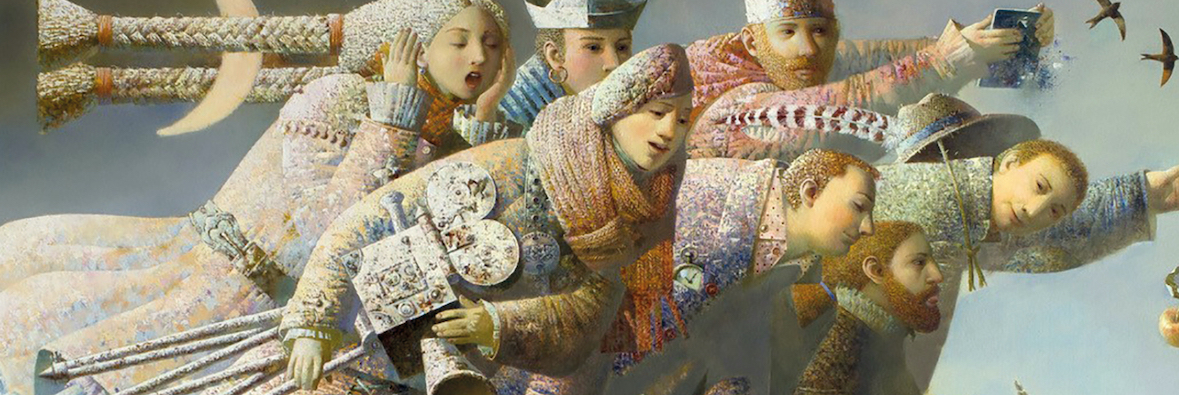Winston Mano has recently published a new book chapter as part of the volume Insights on Peace and Conflict Reporting, edited By Kristin Skare Orgeret. Mano’s chapter, entitled Peace and Conflict Journalism: An African Perspective, takes conflicts in Africa as its point of departure and discusses how they are both multiple and complex, yet their reporting by journalists often lack both nuance and detail. What is often forgotten Mano writes, is how, in African conflicts, coloniality remains a key factor. The ability or inability to be involved in defining a conflict has an impact on the way realities are imagined as well as their prioritisation by peace-making agencies. The chapter notes that the problem is that international parties often bring “complete” positions which are misinformed and have made it extremely difficult for both interveners and conflicting parties to work towards peace. Recognition of obvious inadequacies in the positions taken by parties to a conflict mitigates against undue dominance by others and could unlock avenues to more sustainable dialogue, including peace journalism. Using the Darfur crises as a case study, the chapter argues that peace building and peace journalism only work if there is convivial dialogue in dealing with conflicts.
Insights on Peace and Conflict Reporting is the second book in the Routledge Journalism Insights series, this edited collection explores the possibilities and challenges involved in contemporary reporting of peace and conflict. Featuring 16 expert contributing authors, the collection maps the field of peace and conflict reporting in a digital world, in a context where the financial prospects of the news industry are challenged and professional authority, credibility and autonomy are decaying. The contributors, ranging from prominent scholars to the Head of Newsgathering at the BBC, discuss a diverse range of key case studies, including the role of Bellingcat in conflict journalism; war and peace journalism in Bangladesh; visual storytelling in conflict zones; and rampant cyber-misogyny confronting women journalists in Finland, India, the Philippines and South Africa. Bringing together theory and practice, the collection offers an in-depth examination of the changes taking place in the working practices of journalists as ongoing, strategic assaults against them increase.
Insights on Peace and Conflict Reporting is a powerful resource for students and academics in the fields of global journalism, foreign news reporting, conflict reporting, globalisation, media and international communication.
.
Image: Routledge, Book cover












